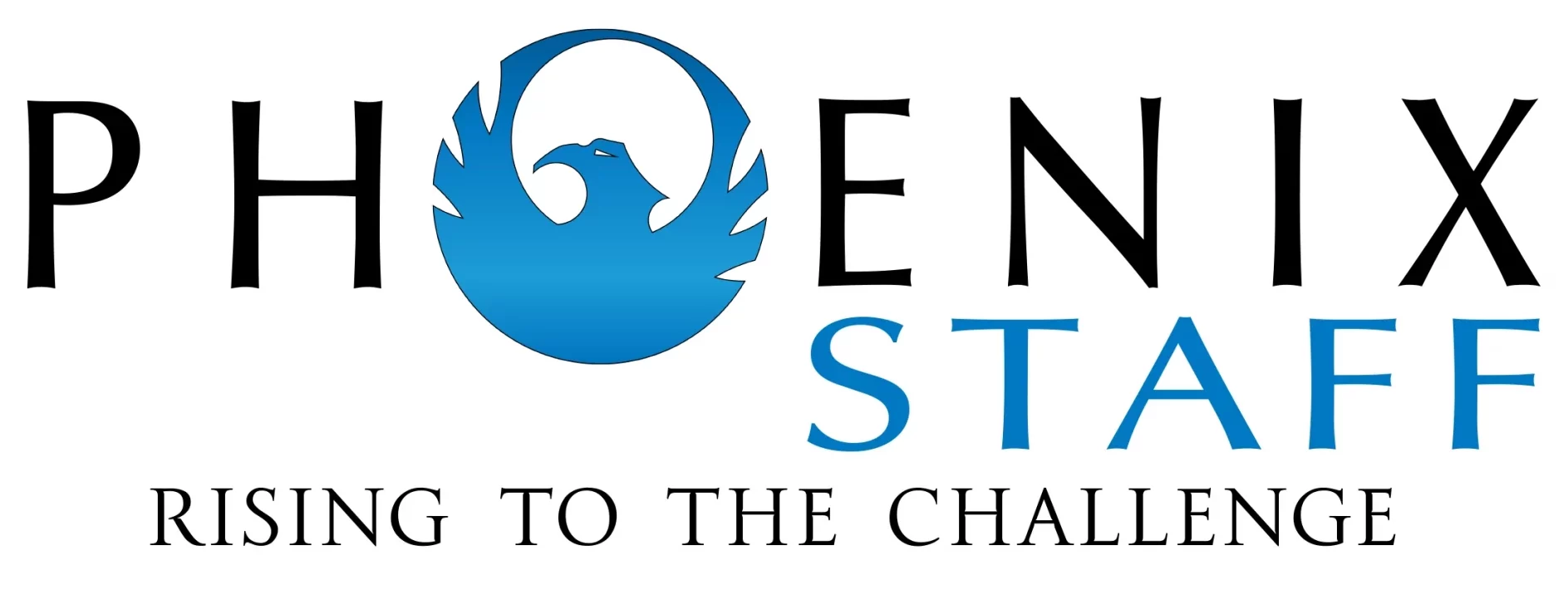I remember an email conversation I had back in 1999 – just a short while after I started in this industry. The guy who emailed me didn’t know me at all. He was the founder of a large company in Phoenix and had actually started a couple of other companies in Phoenix previously – if “serial entrepreneur” had been a thing then, he would have been one.
The email he sent was in response to an email that I sent to one of his employees and mine went something like this – “I was referred to you as potentially being interested in exploring new opportunities. I don’t know if that is true or not, but would welcome the chance to speak with you if it is.” I was a rookie in the business and could likely craft something a bit more compelling today, but the general idea today is the same – the company he worked for was NOT a client of mine, and I didn’t anticipate they would be a client of mine anytime soon and my goal was a simple one – I wanted to see if he was “passively” looking for a new role. Back to the reply I got, it made me learn something really, really fast, but I am guessing it wasn’t exactly what the sender had intended for me to learn. He had been monitoring his people’s inboxes for recruiter emails (an interesting dynamic to begin with) and decided to grab this one from my “passive” candidate’s inbox and it went something like this, “are you trying to poach my people? I advise you to cease this practice immediately. I will never work with you or your company ever.”
Again, they were NOT a customer and they were likely not going to be customer. Why? Because the reputation in the local market was awful. Any guesses as to why?
This was 1999 mind you. Things were different, recruiting was different and Google had only very recently even become a company. I could be wrong, but I doubt there were any “anti-poaching” pacts or many lawsuits that had yet to be filed over such a practice.
Fast-forward to today. Would this sort of exchange still happen? Sure it would. I would like to think that it will happen to a much lesser degree and I suspect that the owner of the company would not be as into “snooping” as he was back then. At the very least, he wouldn’t be as obvious about it. Forget about the privacy issue for a minute though – this really boils down to a retention issue and the “poachability” of your people. We make it a point today, and our company is not alone, to ask our clients, “if you could get someone from any company – what company would it be?” In other words, “from what company would you like your next hire to come from?” If we have never put people to work at that company before, they are fair game.
A funny thing happens here – if you are trying to recruit for company X and for company Y at the same time, they will almost always say that they want people from one another’s company. In other words, if you look at the top 5 companies to work for in the country right now and ask them “who do you want people from?” they will almost all say they want people from each other. See graphic below to see what I mean.
The point is never about stopping your people from getting the emails or the recruiting calls or by shutting down their ability to see job boards. Can you do that? Sure, but trying to make people unaware that there is a world out there, isn’t your best model. That strategy will certainly fail given enough time.
Here’s the question you need to ask yourself. As CEO, Founder, CIO, CMO – whatever your title is – “would I like to be on the list of companies that other companies WANT to recruit from?” If the answer is a very quick and easy “no”, then chances are pretty good you’re not. Chances are good that you have fostered an environment where people want to leave of their own accord. Your team will be easily found rather than needing to be poached, recruited away from or filled with these passive candidates. You are safe from recruiters trying too hard to find your people – your people will find the recruiters themselves.
If you answered “yes”, my guess is that you are working toward creating an environment that people will likely want to stay. It is likely that you focus on retention, training, benefits, culture and overall empowerment of your people. I am of the belief that you need to do more “retention interviews” than “exit interviews” – if you focus on what makes your people desire to stay, they will likely stay. If you stress about them leaving or try to stop them from leaving, you may end up seeing an exodus that you aren’t prepared for.
The ethical issues are weighty, I understand and appreciate that. I look forward to the comments on this topic, so please share publicly!

